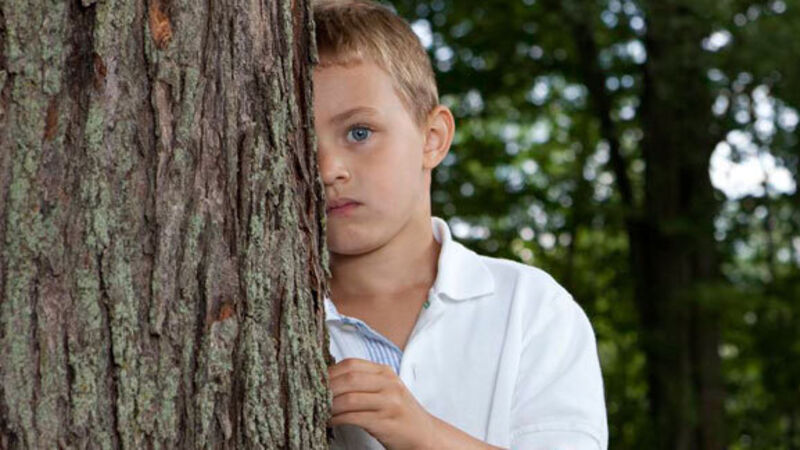Here's how to help if your child finds it hard to make friends at school

YOUR heart breaks when you find he spent play-time on his own. You overhear his classmates’ mums arranging play-dates but he’s never invited. Birthday party invitations circulated recently — he wasn’t included.
When a child isn’t making friends at school, it’s a major worry for parents, says psychologist Jenny Ryan (www.mylifesolutions.ie).







